COURSE OVERVIEW
MARINE & OFFSHORE ENGINEERING
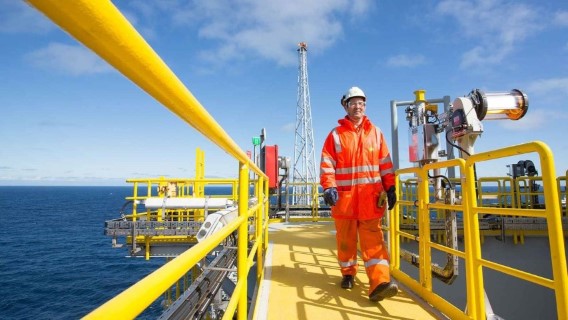
OVERVIEW
| COURSE TITLE | : | OE0111 : Risk-Informed Decision-Making |
| COURSE DATE | : | Feb 11 - Feb 15 2024 |
| DURATION | : | 5 Days |
| INSTRUCTOR | : | Capt. Emilio Tapias Days |
| VENUE | : | Cairo, Egypt |
| COURSE FEE | : | $ 8000 |
| Request For Course Outline | ||
OTHER SCHEDULED DATES
| **---- No Other Scheduled Dates ----** |
Course Description
This practical and highly-interactive course includes real-life case studies and exercises where participants will be engaged in a series of interactive small groups and class workshops. Risk assessment is typically applied as an aid to the decision-making process. As options are evaluated, it is critical to analyze the level of risk introduced with each option. The analysis can address financial risks, health risks, safety risks, environmental risks and other types of business risks. An appropriate analysis of these risks will provide information which is critical to good decision making, and will often clarify the decision to be made. The information generated through risk assessment can often be communicated to the organization to help impacted parties understand the factors which influenced the decision. As corporations have become more familiar with risk assessment techniques, these techniques are applied more frequently to improve their decisionmaking processes, even when there is no regulatory requirement to do so. As access to data and analytical techniques continues to improve, risk assessment will continue to become easier to perform and more applications, both mandatory and voluntary, can be expected.This course is intended to provide an overview of the risk assessment field for managers and technical professionals in the Maritime and Offshore Oil and Gas industries. The risks addressed are primarily those affecting the safety of a vessel, facility or operation, but the methods discussed can also be applied to other types of risk. The concept of risk is defined, and the methods available to assess the risks associated with an operation are described. Guidelines for setting up and conducting successful risk studies are provided. Regulatory requirements that have prompted the development of modern risk assessment practices are described, and future regulatory trends are discussed. And finally, examples of risk assessment applications are discussed link to course overview PDF
TRAINING METHODOLOGY
This interactive training course includes the following training methodologies as a percentage of the total tuition hours
LecturesWorkshops & Work Presentations
Case Studies & Practical Exercises
Videos, Software & Simulators
In an unlikely event, the course instructor may modify the above training methodology before or during the course for technical reasons.
VIRTUAL TRAINING (IF APPLICABLE)
If this course is delivered online as a Virtual Training, the following limitations will be applicable
| Certificates | : | Only soft copy certificates will be issued to participants through Haward’s Portal. This includes Wallet Card Certificates if applicable |
| Training Materials | : | Only soft copy Training Materials (PDF format) will be issued to participant through the Virtual Training Platform |
| Training Methodology | : | 80% of the program will be theory and 20% will be practical sessions, exercises, case studies, simulators or videos |
| Training Program | : | The training will be for 4 hours per day starting at 09:30 and ending at 13:30 |
| H-STK Smart Training Kit | : | Not Applicable |
| Hands-on Practical Workshops | : | Not Applicable |
| Site Visit | : | Not Applicable |
| Simulators | : | Only software simulators will be used in the virtual courses. Hardware simulators are not applicable and will not be used in Virtual Training |
RELATED COURSES
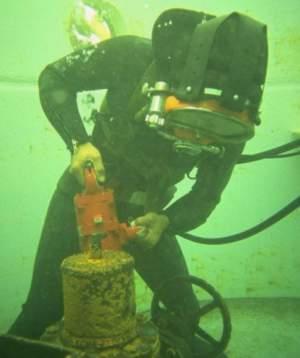
OE0030 : Commercial Diving Technology
- Date : May 20 -May 23 / 3 Days
- Location : Dubai, UAE
- Course Details Register
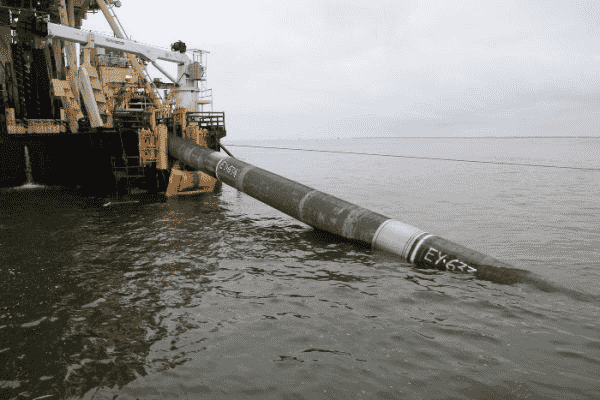
OE0320 : Subsea Pipelines & Offshore Structures: Inspection, Maintenance & Repair
- Date : May 13 -May 16 / 3 Days
- Location : Al Khobar, KSA
- Course Details Register
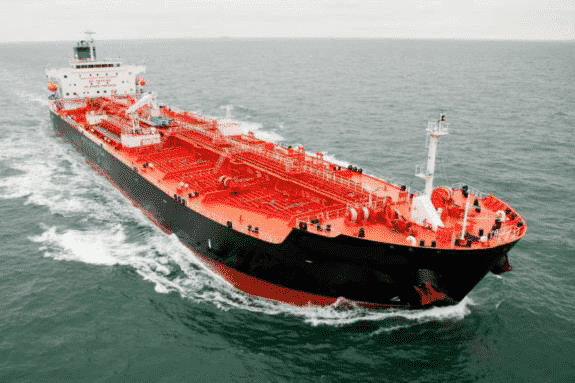
OE0415 : Chemical Tankers
- Date : May 13 -May 16 / 3 Days
- Location : Abu Dhabi, UAE
- Course Details Register
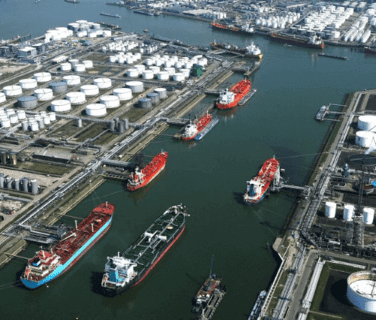
OE0040 : Optimizing Oil & Gas Marine Terminals: Operations, Management, Maintenance & Safety
- Date : May 13 -May 16 / 3 Days
- Location : Dubai, UAE
- Course Details Register
